What are the causes of worm infection?
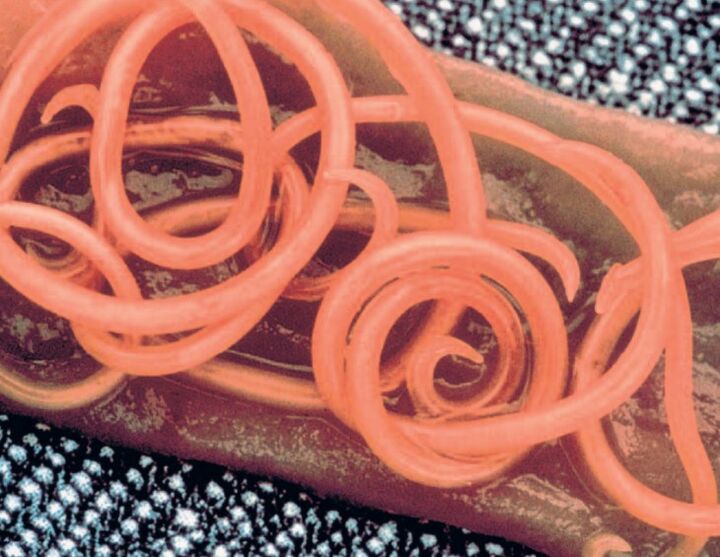
- Eating vegetables and fruits that have not been heat treated or washed before consumption;
- Failure to observe hygiene rules when preparing food;
- Improper heat treatment of meat and fish products;
- Frequent contact with worm-infected animals;
- Caring for pets that are often taken out for walks;
- Complete lack of hygiene habits after going to the toilet, before eating, and after going out;
- eating raw fish;
- Living and interacting with people suffering from helminthiasis;
- Water procedures for rivers and lakes;
- In rare cases there are insect bites.

People who work with various animals and who frequently cut meat and fish are at high risk of infection. Simply touching the mouth after direct contact with contaminated fish or meat is a direct cause of parasitic infection.
Human worm symptoms

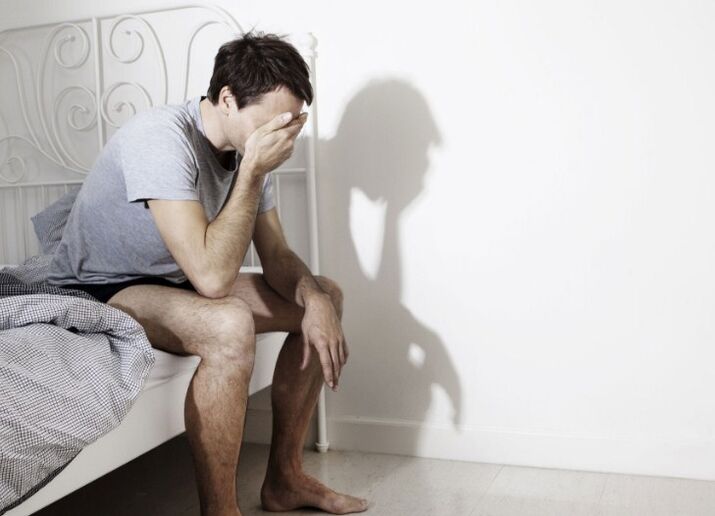
- Chronic headaches.
- weakness.
- nausea.
- Digestive system diseases.
signs of disease
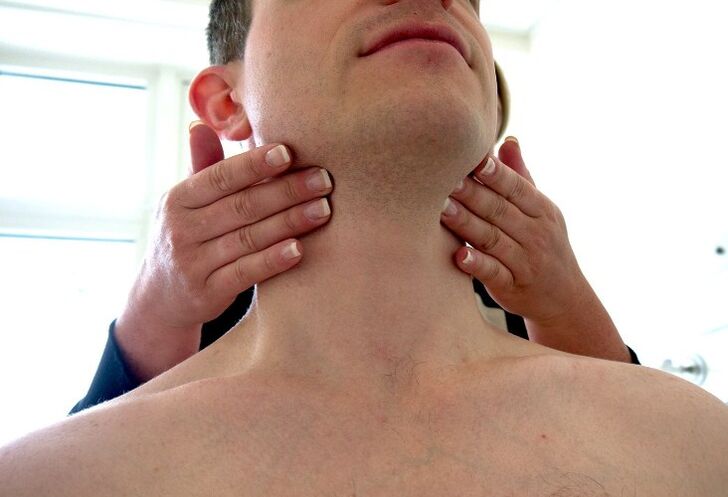
- Inflammation of lymph nodes.
- Allergic skin lesions.
- diarrhea.
- constipate.
- Excessive gas formation.
- stomach ache.
- nausea.
- The spleen and liver are enlarged.
- dry cough.
- General weakness.
- Excessive itching - skin, genitals, rectal area.
- lose weight.
- Increased body temperature.
- Persistent headache.
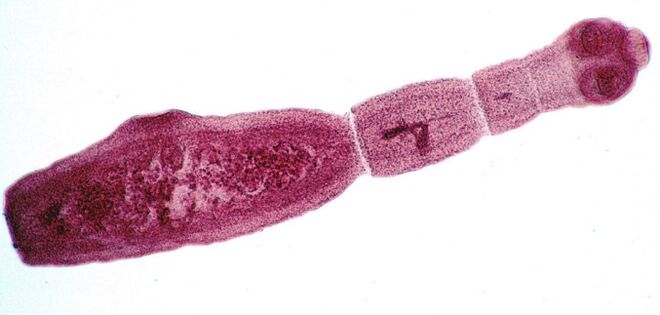
Worms Symptoms and Treatment


Traditional methods of fighting worms
If medication doesn't help fight the worms, experts may recommend surgical intervention. The doctor needs to remove the parasite and the area of the organ where it resides.
Precaution
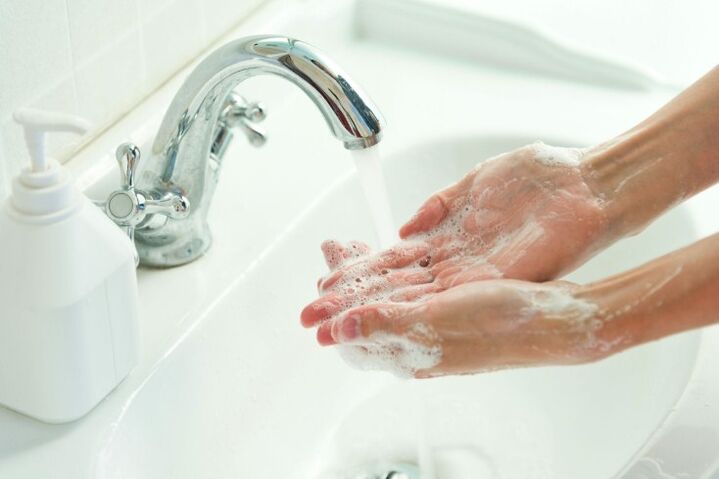
- After going out, you must wash your hands with soap when you return home.
- Vegetables and fruits must be washed thoroughly before preparing or eating them.
- Meat and fish must undergo complete and appropriate heat treatment before consumption.
- Kitchen tools used for cutting meat and fish must be thoroughly cleaned and disinfected.
- If you have a pet, it’s a good idea to monitor its health. For preventive purposes, visit your veterinarian at least quarterly.
- If you suspect there are bugs, be sure to go to the hospital for examination and seek medical treatment promptly.
Traditional medicine against worms
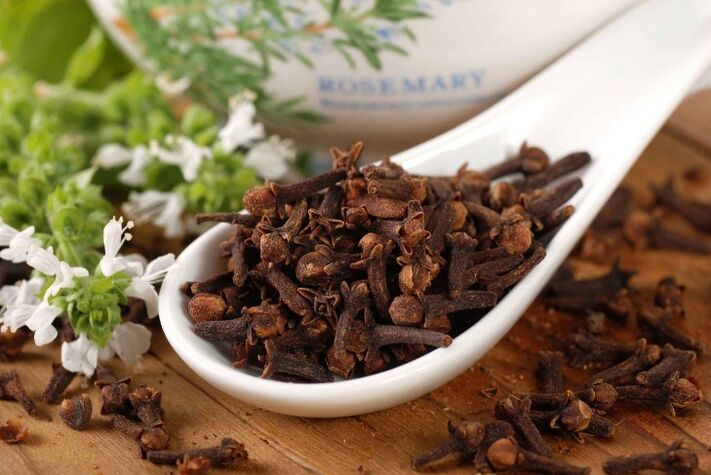
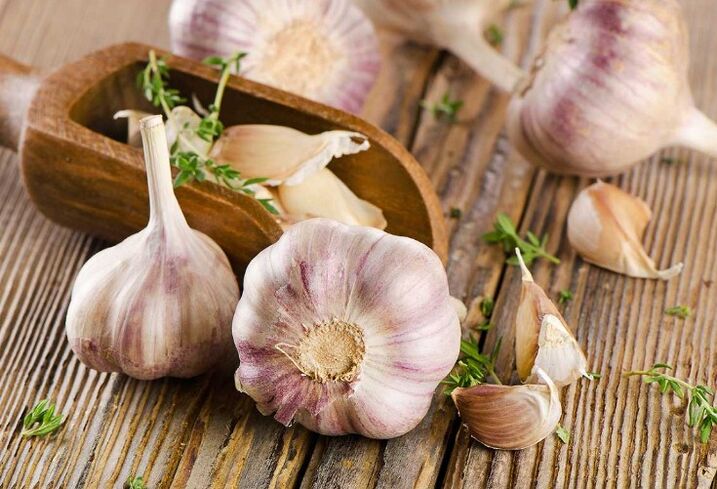
A parasitic infection with worms may not bother you long-term; the worms develop, parasitize, and slowly poison the body. The combination of characteristic symptoms of the disease is the main reason to seek help from a specialist and strictly follow all his recommendations.






































